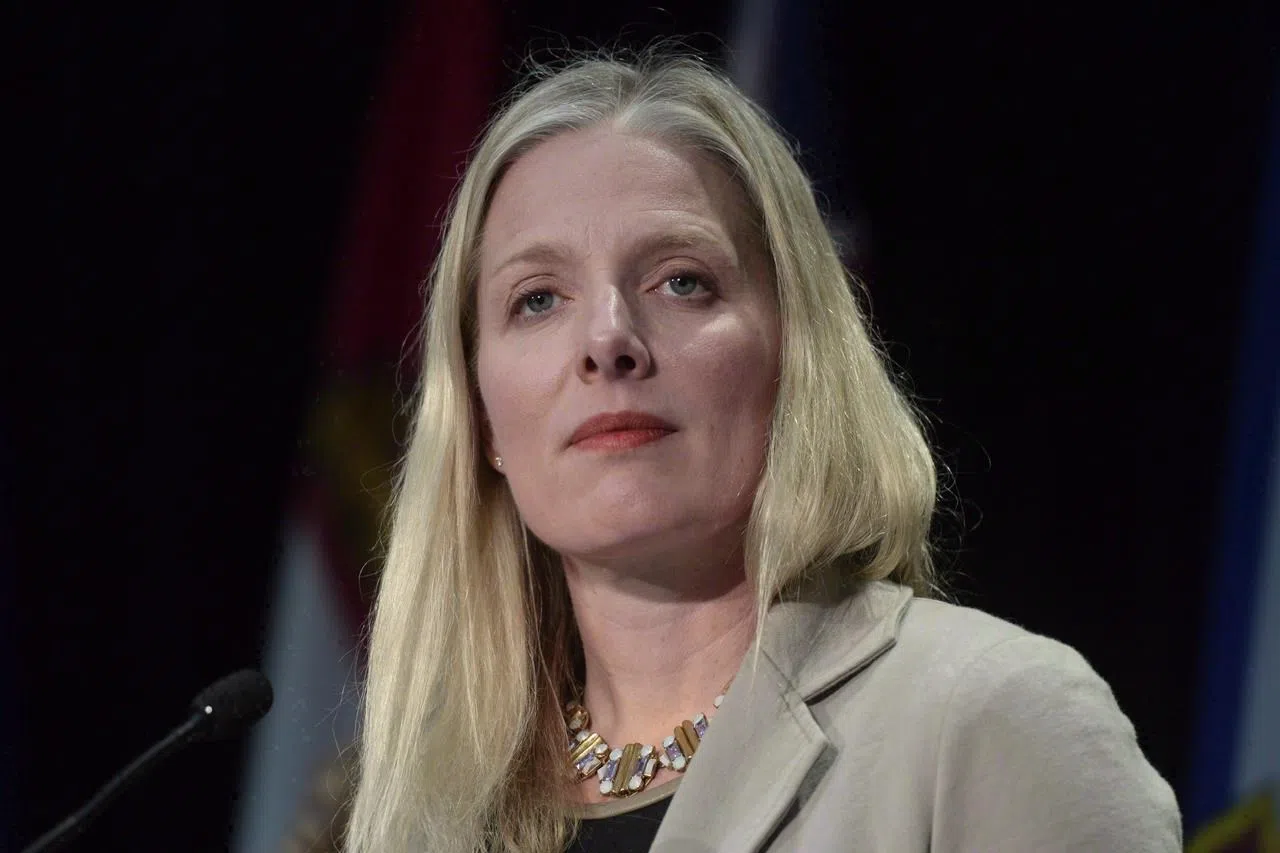
Ottawa could offer carbon rebates directly to residents in holdout provinces
OTTAWA — The federal government is giving itself the legal wiggle room to give carbon tax rebate cheques directly to people in those provinces that refuse to impose a carbon tax of their own.
A draft legislative proposal released Monday spells out that any federal revenues raised by a carbon tax can either be returned to the government in the province where the money was raised, given directly to individuals or divided between the two.
Only provincial governments that voluntarily ask to use the federal carbon price system will guarantee they get the revenues to use how they see fit, Environment Minister Catherine McKenna’s office confirmed to The Canadian Press.
Provinces that end up having the federal system imposed on them because they don’t meet federal requirements will run the risk of being bypassed in favour of Ottawa sending rebate cheques directly to individuals.



